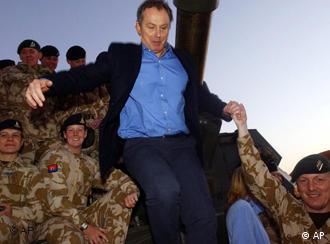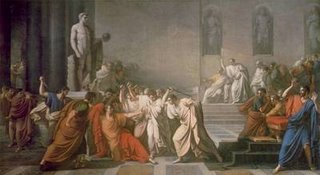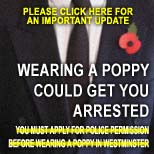"the Golden Journey to Samarkand"

posted by k
"O turn your eyes to where your children stand.
Is not Baghdad the beautiful? Oh stay.
"We make the Golden Journey to Samarkand.
[...]
"We travel not for trafficking alone:
By hotter winds our fiery hearts are fanned;
For lust of knowing what should not be known
We make the Golden Journey to Samarkand."
It's many years since I read James Elroy Flecker's strange play, Hassan. As I recall, it's a confection of orientalism, sado-masochism and fascination with absolute power. The doom of the main characters is romanticised and torture is treated erotically. The effect was doubtless heightened in the original 1923 production (after Flecker's death) when music by Frederick Delius was added. At the end, the audience is drawn away from the tragedy by the arrival of a band of pilgrims whose song includes the repeated line, "We make the golden journey to Samarkand."
Today no-one would escape from a world of torture and state cruelty to Samarkand. Samarkand is in Uzbekhistan and Craig Murray, who was the British ambassador there, has chronicled some of the horrors of Karimov's totalitarian regime. And there's nothing erotic or glamorous about it. Imagine a country in which the state compels children to work a 12-hour day picking cotton - or in which cotton workers are effectively enslaved for life. Imagine a country in which 1 in 6 people are employed by the security services, or in which the mildest grumble about the government can lead to imprisonment or death. Imagine a country in which dissidence can end in being boiled alive or in which confessions are extracted by the torture of children in front of their parents.
Now imagine you live in a country which expects its paid servants to turn a blind eye to such torture; which describes "confessions" gained in such a way not as true but as "operationally useful"; which treats the upholders of this regime as noble allies in the War against Terror. If you live in Britain or the United States, you don't need to imagine - you already live in such a country.
We live in a country whose government lies and lies again. We are expected to believe that 1 in every 200 male muslims is an active terrorist. Of course it's not true. But the government wants to persuade us to surrender our liberties. This is what John Reid said on a recent webchat:
"The truth is that all of our liberties are under threat from extremist terrorists who have a contempt for the liberties that we value so much. Therefore, we need to protect them and in a civilised society people accept that requires some curtailment on our own liberties. For instance, while everyone agrees on the desirablility of freedom of speech, most people agree that it has to be curtailed when it comes to racist remarks or encouraging hatred against others. It is that balance which is always difficult to achieve, but I am proud that in this country we are amongst the most libertarian in the world, though we are under one of the greatest threats from terrorism."
It's rubbish. You can't protect liberties by getting rid of them. And in Britain we are not "under one of the greatest threats from terrorism". Just compare daily life here with life in Baghdad.
Of course, terrorists exist. Terrorists may even get us. But it's unlikely. Our government isn't anything like as bad as the government in Uzbekhistan. But condoning the torture of other people in a distant country indicates a rottenness which will touch us too. I'm no longer so sure than it can't happen here. I've seen people slip quietly from firm ethics to acceptance of horrors. We have taken our first steps on "the golden road to Samarkand."

For the full John Reid webchat with comments, click here.
And for further details of Craig Murray and his book, Murder in Samarkand (now available in paperback), click here.
Labels: Craig Murray, government, liberty, lies, Samarkand, truth, Uzbekhistan






